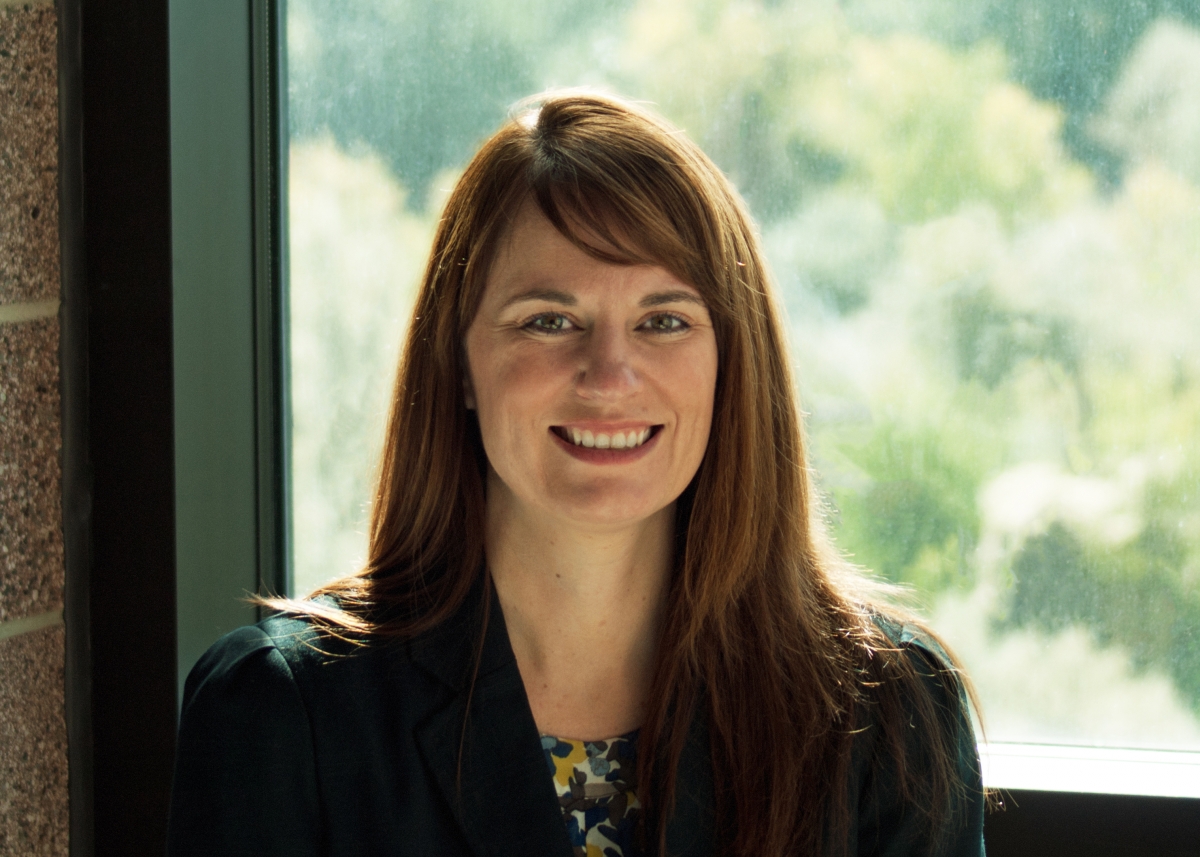Meeting Every Student's Needs - After School Programs Making a Difference
November 3, 2015
November 19th and 20th at Western Oregon University
A substantial and growing body of research points to the positive academic, social and emotional outcomes associated with participation in quality afterschool programs.
Afterschool Alliance 2014 Report
The Research Institute (TRI), in partnership with the Oregon Department of Education (ODE), is proud to host the 21st Century Community Learning Centers 2015 Fall Conference at Western Oregon University on November 19th and 20th.
This conference is open to representatives from the 22 school districts and 97 sites across Oregon who are part of the 21st Century Community Learning Centers (21st CCLC) initiative -- the only federal funding source dedicated exclusively to before school, after school, and summer learning programs.
Conference activities
This bi-annual conference offers a
variety of professional development activities, including Facilitated
Networking Discussions, Program Planning, and Breakout Sessions on
a variety of topics ranging from Success with
Challenging Behavior: ADHD, to Supporting EL Students in Afterschool Programs, to Engaging and
Retaining Older Students.
Facilitators include Program Directors from after-school programs across the state, and experts from Impact NW, Education Northwest, the Oregon Department of Education, and TRI.
Keynote Heidi Sipe
An Eastern Washington native,
she began her work in Oregon in 2000 and has developed a deep passion for rural
education, especially for linguistically diverse students and students of
poverty.
She is committed to ensuring that all students have opportunities to
achieve their future dreams by establishing a strong foundation of skills
through effective instruction delivered by dedicated and skilled staff.
Her keynote
will address culturally respectful family and community engagement.
21st CCLC Goal
The goal of 21st CCLCs is to improve the outcomes of students in before and after-school programs by providing academic enrichment in core academic areas such as reading, science, technology, engineering, arts, and math, in addition to services such as counseling, parent education, recreation, and drug and violence prevention. Each state education agency receives federal funds based on its share of Title I funding for low-income students at high-poverty, low performing schools. Funds are also allocated to territories and the Bureau of Indian Affairs.Resources available to all programs
TRI has partnered with ODE to provide technical assistance, training, and web-based support for 21st CCLC programs throughout the state. Oregon's 21st Century Community Learning Centers website contains information and resources available to all before-school and after-school programs.
More resources from OregonAsk
For more information and resources, visit OregonASK -- a collaboration of public and private organizations and community members which seek to address common issues and concerns across all out-of-school time services – child care, recreation, education and youth development.
For more information about the 21st Century Community Learning Centers 2015 fall conference, click here.
Recent News Items
Closing the Achievement Gap Through STEM Education Nov 18, 2016
TRI Staff Members Present at NAEYC Conference in Los Angeles Nov 10, 2016
Three More Years for Campus Against Sexual Assault Program Nov 9, 2016
TRI's Serra Acar Appointed as DEC Recommended Practices Ambassador for Oregon Oct 13, 2016

